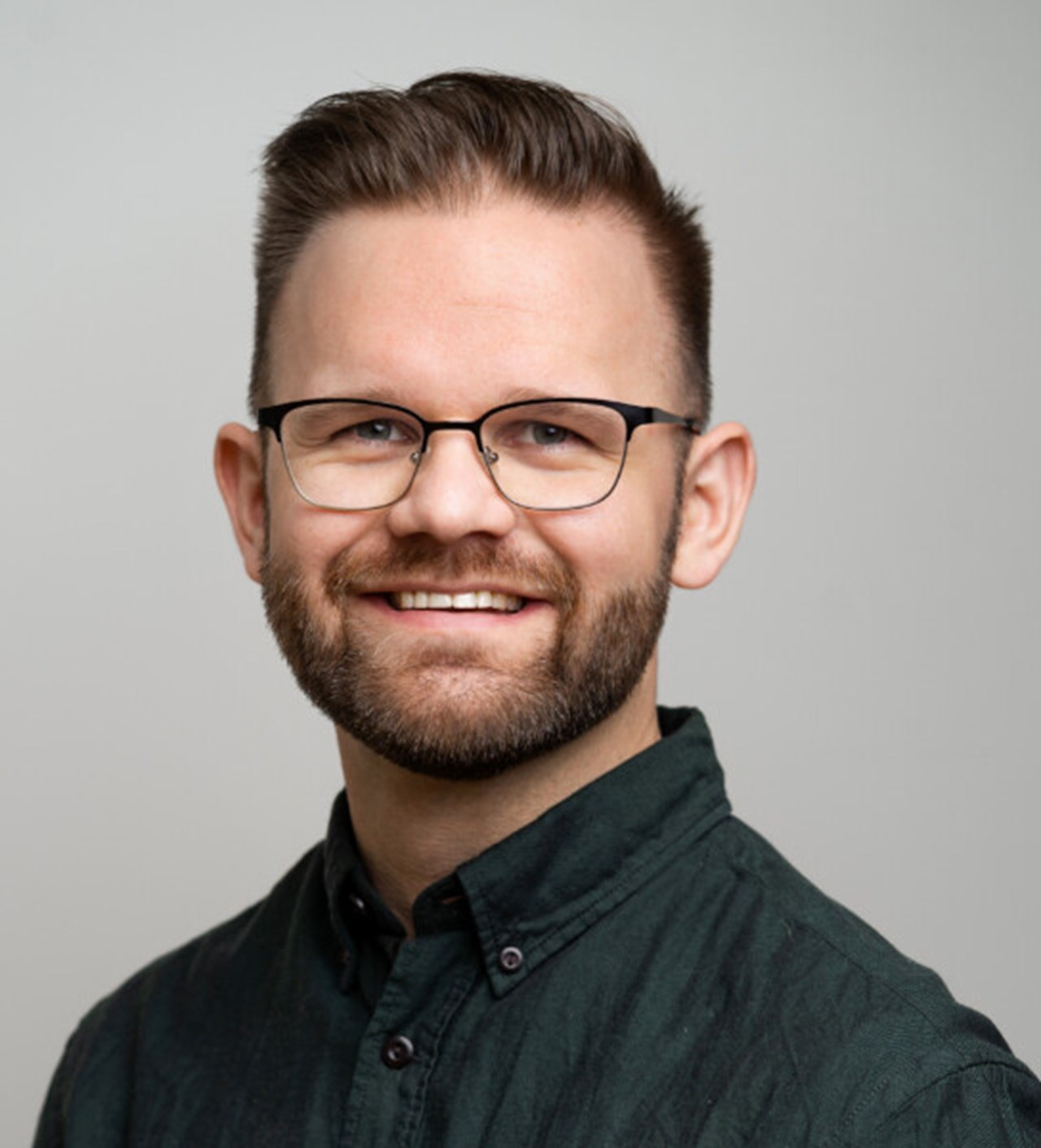Facts about Degrowth
Under the umbrella term "degrowth" several things are united: degrowth is at once a research paradigm, a movement, a political project.
Degrowth challenges the ideology of economic growth and seeks deep transformations.
These deep transformations concern different levels of society, from embodied personalities to socio-economic systems and our society's interactions with nature.
While the term degrowth might suggest decline and indeed encompasses deviation from materialistic pursuits, at the heart of degrowth is growth in solidarity, social justice and care.



